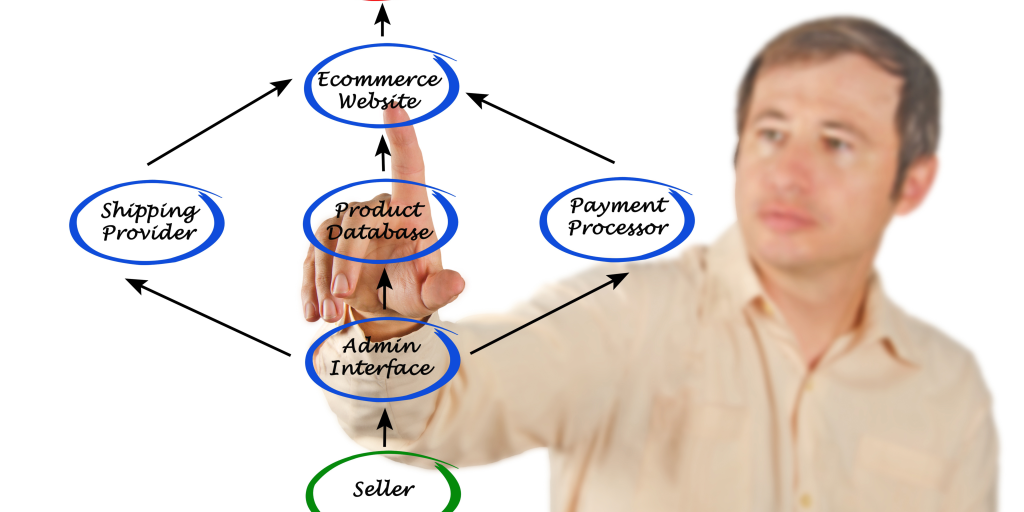WordPress vs. Shopify—the ultimate website platform battle! WordPress, the flexible and customizable heavyweight, rules this corner. In the other corner is Shopify, the slick, user-friendly e-commerce upstart-making waves.
With so many alternatives, choosing a website platform is difficult. Do not worry! Our full comparison of these two powerhouses will help you choose.
Knowing which platform is right for you is vital, whether you’re a tiny business owner starting out or a seasoned entrepreneur trying to grow your e-commerce business.
Comparing Features: Cost, Customization, SEO, and Support
WordPress vs Shopify features should be compared based on cost, customization, SEO, and support. Let’s examine each topic to assist you in deciding.
Website owners often consider the cost. The WordPress software is open-source and free. You’ll need to pay for hosting and possibly premium themes or plugins. Shopify’s price levels include hosting and payment gateway transaction fees.
Customization is also important. WordPress comes in handy with its enormous library of themes and plugins that let you design a custom website. Your site design and functionality are completely yours. While Shopify offers customized themes and apps, the selection may be smaller than WordPress.
SEO is crucial for organic website traffic. WordPress includes great SEO capabilities and plugins like Yoast SEO to optimize content for search engines. WordPress allows easy integration of different SEO tools. Shopify offers basic SEO but may not be as flexible as WordPress in optimizing every part of your site.
Running an internet business or website requires support. With millions of users worldwide, WordPress has strong community assistance through forums or official documentation channels like WPBeginner.com or WordPress.org support forums where experienced users and developers may answer questions quickly.
Pros and Cons of WordPress
Many organizations and individuals choose WordPress as their website platform. Rightfully so! WordPress has many benefits, but all platform has cons.
WordPress’ versatility and customization are important benefits. With thousands of themes and plugins, you may customize your website. WordPress can make your blog or e-commerce site prosper.
Another perk is that WordPress is free and open-source. This gives you full control over your website without Shopify’s limits. You may host and edit your site anywhere.
However, WordPress requires more technical skills than Shopify because it is self-hosted. Web development beginners may struggle with hosting, updates, and troubleshooting.
Without sufficient security measures, WordPress might be risky. Due to its popularity, hackers target vulnerable websites. Update plugins and themes regularly and use strong passwords to reduce these dangers.
Pros and Cons of Shopify
Shopify, a famous e-commerce platform, has perks and cons like any other technology. Here are some pros and cons of using Shopify for your online store.
A key benefit of Shopify is its user-friendly interface. Its straightforward dashboard makes online store setup and management easy for newcomers. The platform also offers several professionally created themes, letting you construct a beautiful store without coding.
Another benefit is that Shopify handles hosting and security. Shopify handles hosting and SSL certificates, so you don’t have to. You can also get 24/7 customer help if you need it.
One drawback of Shopify is its price. Transaction fees and app prices for extra features can mount up when using different pricing plans, including lower-priced ones for small enterprises.
Shopify has a good selection of templates and adjustable aspects, although it may not give as much customization as WordPress. If you need a special design or website look control, this may be a drawback.
Unlike WordPress, which gives you full control over your website files and database, Shopify rents space on their platform, which could hurt your business if their servers crash or they change their policies.
Given its ease of use, especially for novices, powerful customer support systems, built-in security features, and multiple pricing plans for startups to large companies, it’s evident why so many businesses choose Shopify!

Which Platform is Best for E-commerce?
WordPress and Shopify have different advantages when picking an e-commerce platform. Let’s examine each platform’s internet business offerings.
WordPress can be used for e-commerce stores and other websites. WordPress plugins like WooCommerce make it easy to create an online store. Since there are many free themes and plugins, WordPress for e-commerce may be cheaper than Shopify.
However, Shopify is made for e-commerce. Its simple interface and pre-made themes make online store setup straightforward. Shopify charges a monthly cost but offers great customer service and secure data protection.
Budget, customization, SEO, and support should be considered while choosing between WordPress and Shopify for e-commerce. For additional customization and SEO aims, WordPress may be better. If simplicity and devoted support are vital, Shopify may be the best option.
Factors to Consider When Choosing Between WordPress and Shopify
There are various aspects to consider while selecting between WordPress and Shopify. These considerations can determine your ideal platform.
Customization is key when choosing between platforms. WordPress has several themes and plugins to customize your website. Shopify’s pre-designed themes make it excellent for individuals who desire simplicity and ease of use.
Another consideration is cost. WordPress is more affordable than both systems because you can choose from different hosting providers. Shopify’s set monthly costs can add up for small businesses and startups.
Consider SEO capabilities. WordPress’s built-in SEO tools and several popular SEO plugins may improve your website’s search engine ranking. Shopify has basic SEO functionality but may need apps or integrations for deeper optimization.
Support is crucial for every online platform. WordPress’s large developer and user community improves and supports it through forums and resources. However, Shopify provides 24/7 chat and email assistance.
WordPress or Shopify relies on your priorities: flexibility and customization (WordPress) or simplicity and ease of use (Shopify). You may choose your ideal platform by carefully assessing these elements and your demands.

Making the Right Choice for Your Website Needs
Choosing between WordPress and Shopify depends on your website’s demands. Both platforms have pros and cons, so weigh them before choosing.
For comprehensive customization and flexibility, WordPress may be best. Its many themes, plugins, and coding options let you design a custom website for your brand. For SEO enthusiasts, WordPress gives you more flexibility over search engine optimization.
If you prioritize e-commerce capabilities and usability, Shopify may be the best. The clear interface makes it easy to set up an online store without technical knowledge. Its built-in inventory management and payment systems simplify online business management.
When choosing between these two platforms in 2024 or at any other time, you should think about how much they cost (including hosting fees), how customizable they need to be for your team or brand identity, whether you need access/APIs or built-in solutions/plugins that require less coding knowledge but may limit future growth potential, the expected traffic volume, the demographics, preferences, buying habits, etc. of your target audience.
However, every business has different priorities—some prefer simplicity, while others prefer scalability and expansion possibilities—so consider what matters most based on individual goals and objectives rather than relying solely on someone else’s recommendation!





